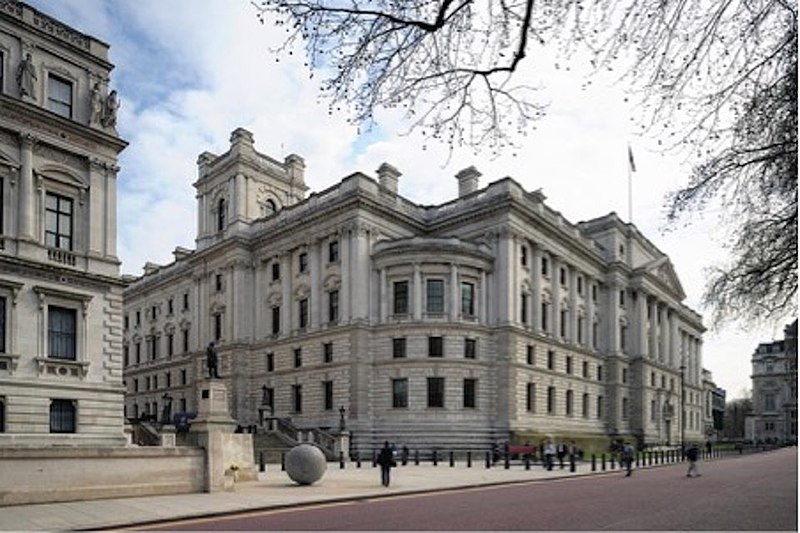
UK-backed price cap on Russian oil and oil products is successfully undermining Putin’s ability to fund his illegal war in Ukraine, according to official data collated six months on from
implementation.
Russian government income declined by over 20% between January and March 2023 compared to a year ago. The Russian Ministry of Finance posted a 45% plunge in government energy revenues in the same period.
According to the International Energy Agency’s Oil Market Report for July 2023, Russian oil export revenues were down by $1.5 billion month-on-month in June to $11.8 billion (down $9.9 billion year-on-year).
Independent research by the Centre for Research on Energy and Clean Air has estimated that the price cap on crude oil is costing Russia around €160 million per day.
Treasury Lords Minister Baroness Penn said:
The oil price cap is succeeding in its dual objectives – bearing down on Putin’s most lucrative source of revenues that could otherwise be used to fund his illegal war, while ensuring that vulnerable countries can continue to secure affordable oil.
The oil price cap forms a critical part of the largest and most severe package of sanctions ever imposed on a major economy. We will continue to keep the pressure on Russia alongside our international partners.
The G7 and Australia (G7+), who collectively constitute the Price Cap Coalition, agreed to cap the price of Russian seaborne oil and refined oil products in September 2022 as a way to undermine Putin’s ability to fund his illegal war in Ukraine through inflated global oil prices, while ensuring that third countries can continue to secure affordable oil. The crude oil price cap and high- and low-value refined oil price caps (collectively referred to as the G7+ oil price cap) were introduced on 5 December 2022 and 5 February 2023 respectively.
UK guidance has been periodically updated to assist market participants with implementation of, and compliance with, the cap, and OFSI will continue to engage collaboratively with industry partners to ensure as much clarity is provided as possible.
Recent routine fluctuations in oil prices have seen the average price of Urals rise above the G7+ cap level. For any above-cap trades, Russia will face significant headwinds in securing alternative service providers, with data from market intelligence provider Argus indicating that the cost to Russia of moving its product is considerable. This added burden on Russia will continue to contribute to depressed revenues.
The Price Cap Coalition continues to monitor the effectiveness of the price cap and is prepared to review and adjust the measure as appropriate to ensure that it continues to meet its twin goals.
The cap sits alongside an extensive range of measures the UK has taken against Russia. The UK has sanctioned over 1600 individuals and entities involved in Russia’s invasion and sanctioned over £20 billion of UK-Russia goods trade compared to 2021. Photo by UK Government, Wikimedia commons.







































